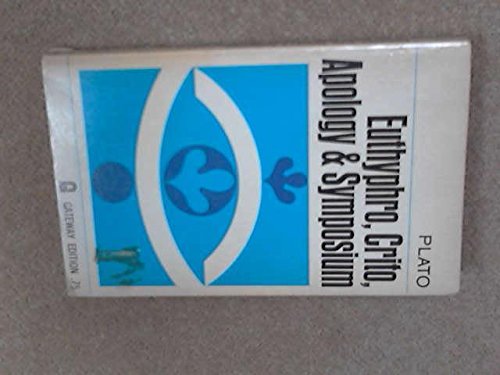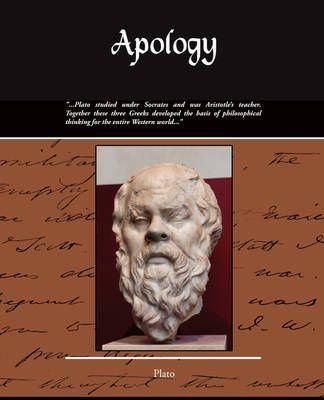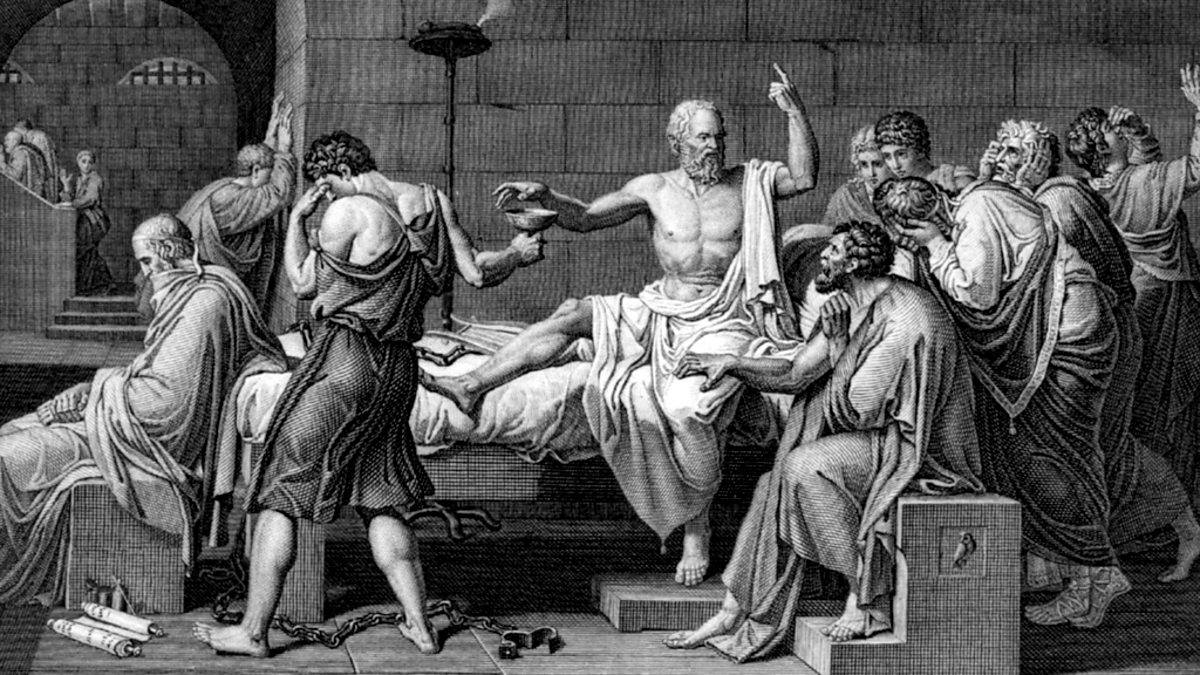


This course re-examines the primary accounts of the trial and death – Plato's Apology and Phaedo and the Apology of Xenophon – but looks also at the reverberations of these events, and the image of Socrates arising from them, in later antiquity and the modern world. Euthyphro, Apology, Crito, Death Scene from Phaedo Plato, George Maximilian Anthony Grube, John Madison Cooper.

The trial and execution of the philosopher Socrates in 399 BC, on charges of religious eccentricity and corruption of the young, besides being a crucial event in the history of Greek philosophy and of Greek philosophical writing, remained a focus of controversy for the remainder of antiquity and beyond. Was this a case of a malevolent subversive receiving his just deserts, or a scandalous instance of the failure of a democracy to tolerate disturbing criticism and defend the rights of an individual? Did Socrates die as a martyr to his principled quest for truth, or as a victim of democratic failure and the misdeeds of his pupils?


 0 kommentar(er)
0 kommentar(er)
